COVID-19: Two-Thirds of Democrats Say Proof of Vaccination Should Be Required
Politics divides the nation over plans to require proof of COVID-19 vaccination, with Democrats strongly favoring the idea while most other Americans are against it.
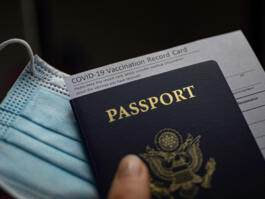
Politics divides the nation over plans to require proof of COVID-19 vaccination, with Democrats strongly favoring the idea while most other Americans are against it.

Only 42% of Americans rate the media’s coverage of the COVID-19 pandemic excellent or good, and many have concerns about the accuracy of reporting on vaccine safety.
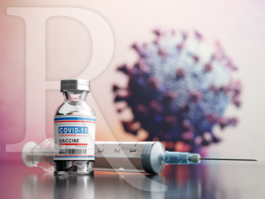
When children return to school this fall, will they be required to wear masks and get the COVID-19 vaccine? Democrats hope so.

Distrust of public health officials may be a major factor in people refusing to get the COVID-19 vaccine. Nearly a third of Americans believe officials are lying about vaccine safety, a number that rises to almost two-thirds among those who say they don’t intend to get vaccinated against the coronavirus.
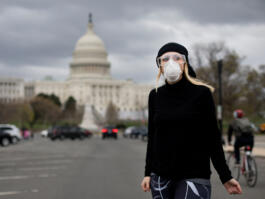
Most Americans say their state government has done a better job of responding to the COVID-19 pandemic than has the federal government.
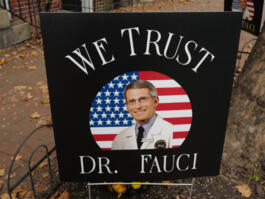
How much do voters trust Dr. Anthony Fauci? Less than they did a year ago, and a majority believe that the government’s COVID-19 expert has been influenced by politics.
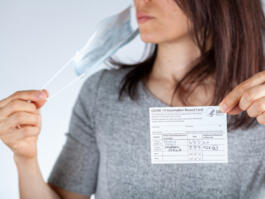
Most Americans approve the recent recommendation by the Centers for Disease Control and Prevention (CDC) that Americans vaccinated against COVID-19 no longer need to wear masks, but Republicans are most pleased.
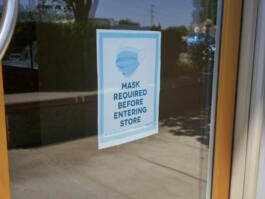
The good news is that half of Americans now believe we are winning the war against COVID-19. The bad news is, nearly half still want you to keep wearing a mask, even if you’re vaccinated against the virus.
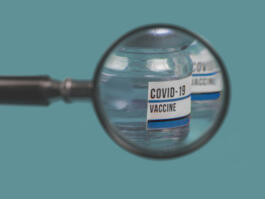
The political divide in America now seems to affect everything, including response to the coronavirus pandemic.
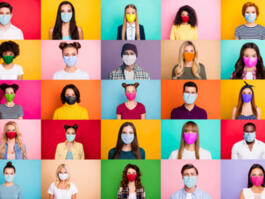
Much of President Biden’s agenda is unpopular, but most Americans support him in saying that mask-wearing to prevent the spread of coronavirus should be mandatory until everybody has been vaccinated.

Politics seems to affect nearly everything now, including attitudes toward the COVID-19 pandemic. Americans are becoming more optimistic that the country is nearing the end of mask mandates and lockdowns, but their opinions vary along party lines.
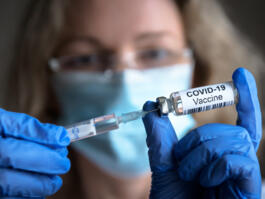
Most Americans believe the coronavirus vaccine will eventually contain the pandemic, but still expect to be required to wear masks in public for at least the next six months.

Most Americans are pessimistic about the country’s struggle against COVID-19, and they’re almost as worried about the financial impact of the coronavirus pandemic as they are about its health impact.
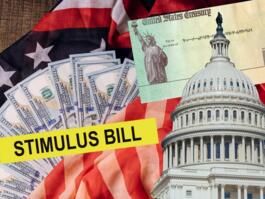
While Congress continues debating whether to send Americans as much as $2,000 in a second round of coronavirus stimulus payments, voters overwhelmingly say a new round of stimulus checks is necessary to help the country recover from the COVID-19 pandemic.
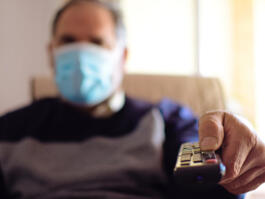
Americans remain generally positive about the media’s handling of the coronavirus pandemic and don’t think the risks of the disease have been overhyped.
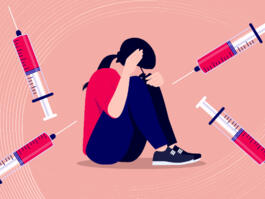
Americans are cautious about the new anti-coronavirus vaccine and slightly more reluctant to get one. Most also aren’t convinced that the vaccine will be administered fairly.
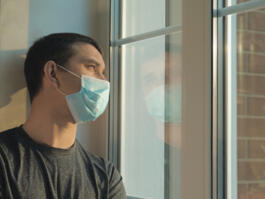
Concern about the coronavirus remains high among Americans, and most suspect that we will be wearing masks and living in lockdown for at least the next six months.

Democrats are a lot more eager to get the anti-coronavirus vaccine now that it appears Joe Biden will be administering the shot.
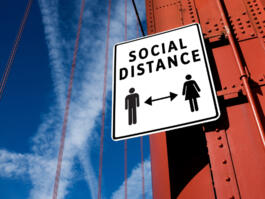
As positive COVID cases cross the 11 million mark in the United States, more Americans are now saying they or someone in their immediate family have gotten a positive test result. But even as these numbers climb, there has been little perceived change in how states are handling lockdown restrictions.

Democrats strongly agree with their nominee Joe Biden that America is entering “a dark winter” because of the coronavirus, but other voters aren’t nearly as gloomy. President Trump is more upbeat, promising a COVID-19 vaccine soon, and most voters say they’re likely to get one.